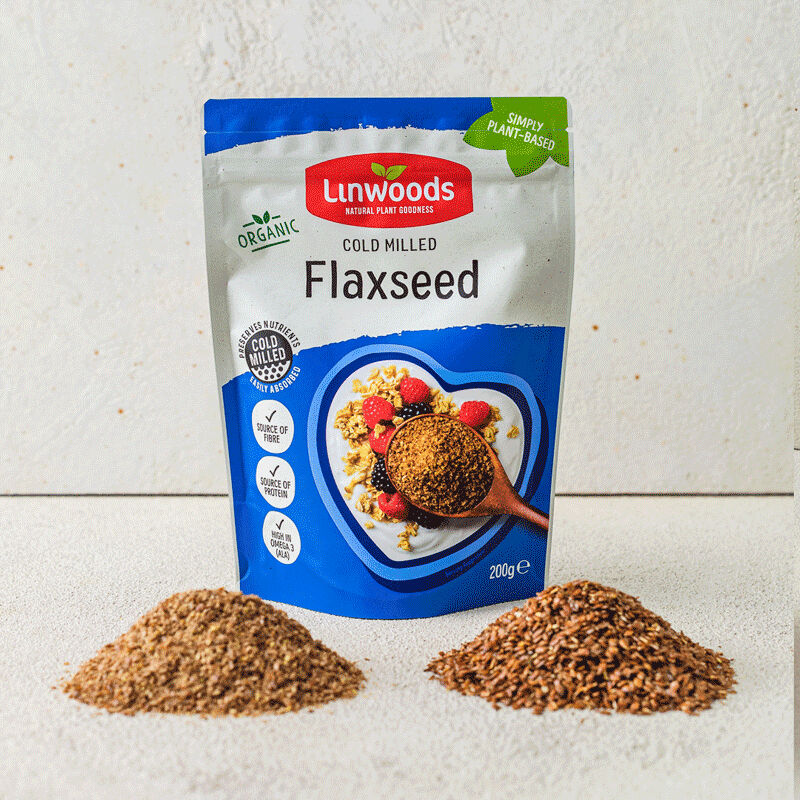ADVERTISEMENT
Flax seeds are highly nutritious and offer a wealth of health benefits, including high levels of dietary fiber, omega-3 fatty acids, and lignans. However, if not used correctly, they can pose potential health risks. Here’s how to safely incorporate flax seeds into your diet and avoid common mistakes.
Potential Risks of Flax Seeds
- Raw or Unripe Flax Seeds: Consuming raw or unripe flax seeds can be harmful. They contain potentially toxic compounds that can be especially dangerous in large quantities. Always make sure your flax seeds are ripe and properly prepared.
- Cyanogenic Glycosides: Flax seeds contain cyanogenic glycosides, which can release cyanide when the seeds are crushed. Though the amount is usually small and not harmful to most people, consuming them in very large quantities could pose health risks.
- Digestive Blockages: Because flax seeds absorb water and expand, they can cause blockage in the intestines if not taken with enough liquid. This is particularly risky for people with bowel disorders.
How to Use Flax Seeds Safely
Read more on next page
ADVERTISEMENT
ADVERTISEMENT




